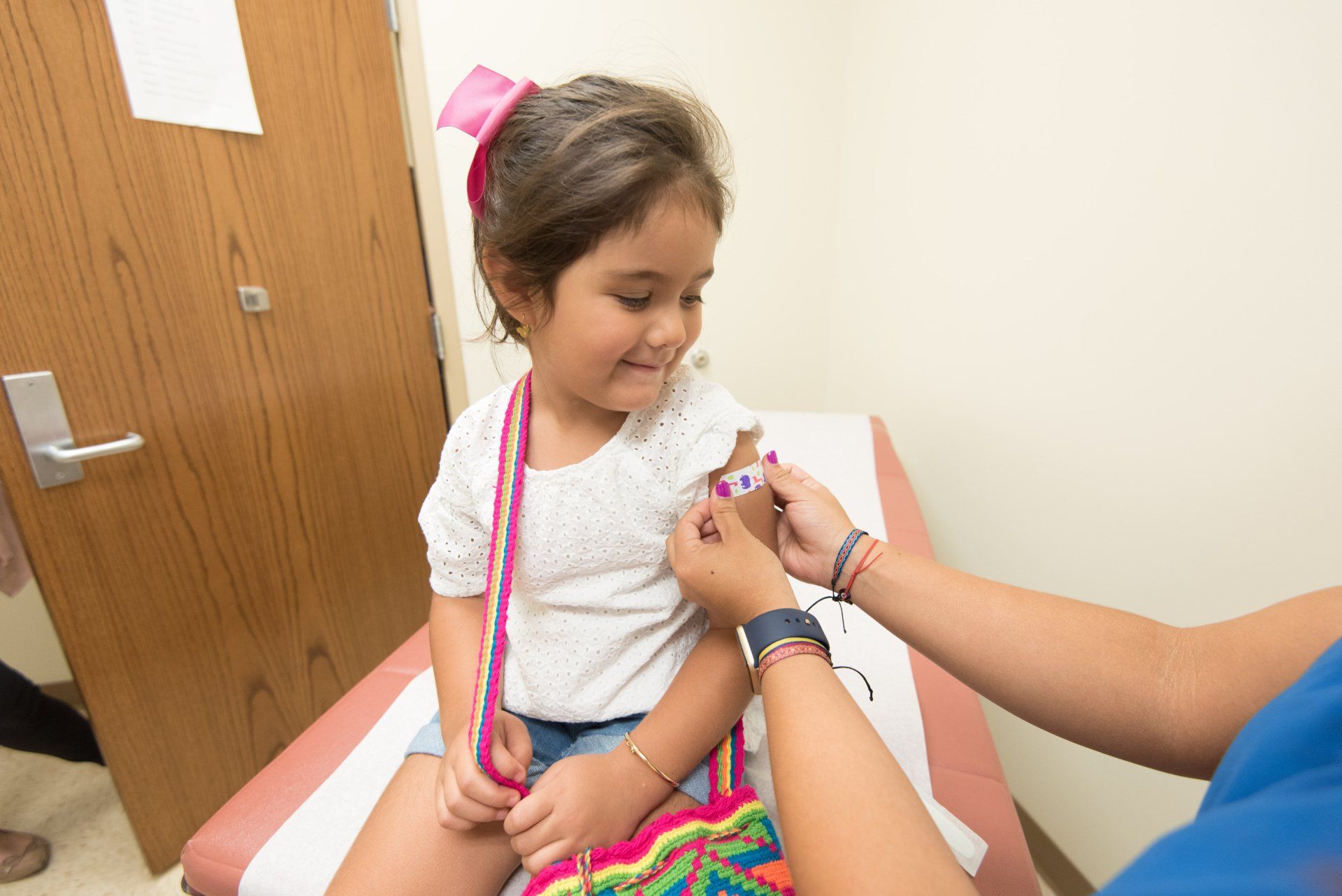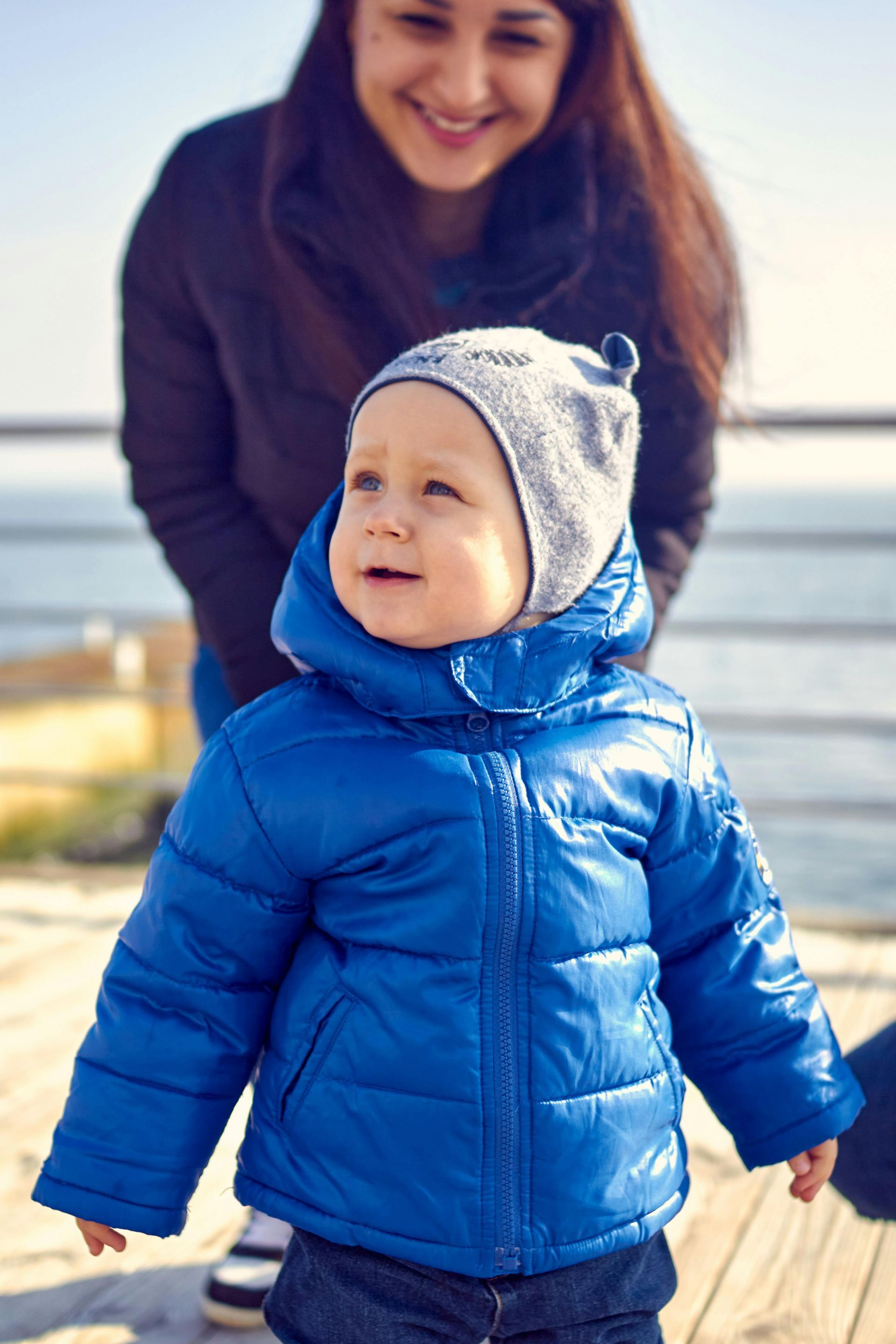Bringing Home a Sibling
Some Tips to Make It As Smooth As Possible

Welcome to the club! You are bringing a new baby home to meet the older sibling. Although as a parent you know you have enough love in your heart for all of your children and the benefits of a sibling are huge, sometimes there can be hurdles along the way. We have some tips and tricks on ways to ease the introduction.
- Start preparing the older sib early. As soon as your feel comfortable, start talking with the older child about a new sibling. Getting your child a baby doll that they can practice caring for can be helpful. If you are out and about and see siblings, point out the fun that they are having. There are a lot of books about being a big brother or big sister and these can start setting the stage.
- Expect some behavior changes as it gets close to the arrival. Kids are very observant. They almost have a sixth sense about changes coming. Often parents will say that their older child started regressing with milestones (like sleeping in their own bed and pottytraining) even before the baby sibling is born. Your child may also have some big meltdowns and tantrums that seem uncharacteristic. Roll with these as much as you can. This is how they are dealing with the stress they are feeling.
- THE BIG DAY! Make the day special for the big brother or big sister. For example, if you haven't announced the baby's name yet, tell the older sibling first and let them tell people. Let the older sibling participate in some early baby care depending on their age. This can be offering the baby a pacifier, giving the baby a special gift, etc. A lot of families will also have the baby sibling "gift" something to the older sibling.
- At home. Get ready for man-on-man defense! This is coming from the playbook of a parent who has done this a time or two (actually, two!). Babies demand a lot of attention, and the older sibling won't understand this. All they will see is mom or dad not being able to play with them or hold them.
- Have a special container with novel items in it that the older sibling ONLY gets to bring out when the baby is being fed. Some fun items are reusable sticker scenes, Play-Doh, a figurine set that they can play with, race cars or a simple card game such as a matching game or Go Fish. Try to avoid anything too messy, too noisy (as we know some kids' toys can be) or anything that requires too much space or thought. You'll be busy multitasking and feeding a baby, so keep it simple, but your older child may look forward to the special things in this container. Put it away after the feed is over.
- Try not to phrase things in a way that makes it sounds like you are prioritizing the baby over the older sibling. Instead of "I will help you after I put the baby down for a nap," try "In 5 minutes, I will help you" and set a timer.
- Keep routines. If your older child normally attends daycare, most people recommend keeping them in this if you can. Kids LOVE routines even the most mundane daily activities. It can be stressful to them to have the chaotic schedule that a newborn brings into a house so try to continue somewhat of a schedule at least for them.
- One-on-one time. Even if it's going to the park for 10 minutes, carving out some special time with the older sibling is important. This is good for the older sibling and also for the parent to have some one-on-one time.
Obviously, there is no instruction guide that comes with having a new baby. That's why you have use to help you navigate these new waters. HealthyChildren.org also has some good resources you can check out (https://www.healthychildren.org/English/ages-stages/prenatal/Pages/Preparing-Your-Family-for-a-New-Baby.aspx?gad_source=1&gad_campaignid=69654055&gbraid=0AAAAADyMpZGUp0yeLDt8cjf21-_HTXap3&gclid=Cj0KCQjw0qTCBhCmARIsAAj8C4bPkuXusUrhnDRhZPcBUBkbpug6RfToWdSjBr7oNdWNXj-vNQ5n-KIaAmL2EALw_wcB).










